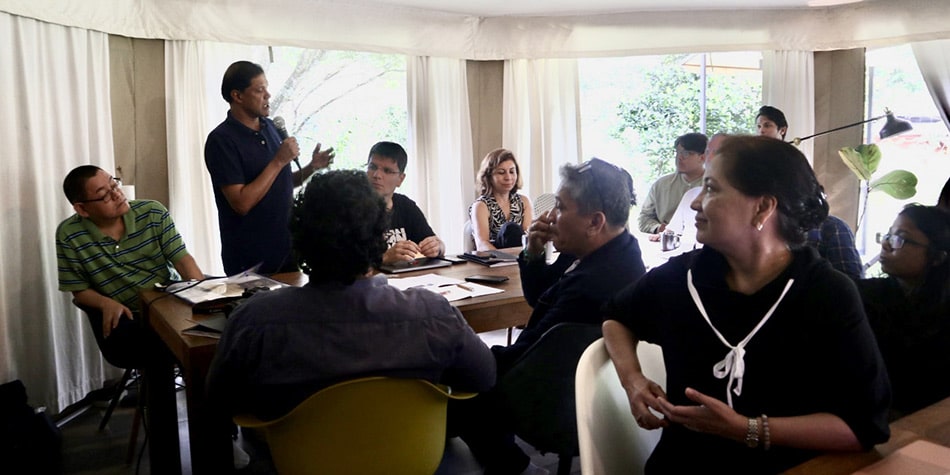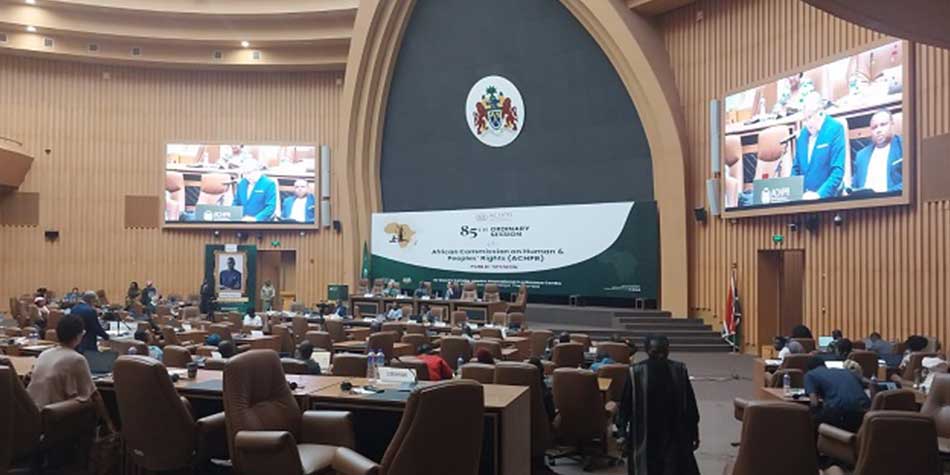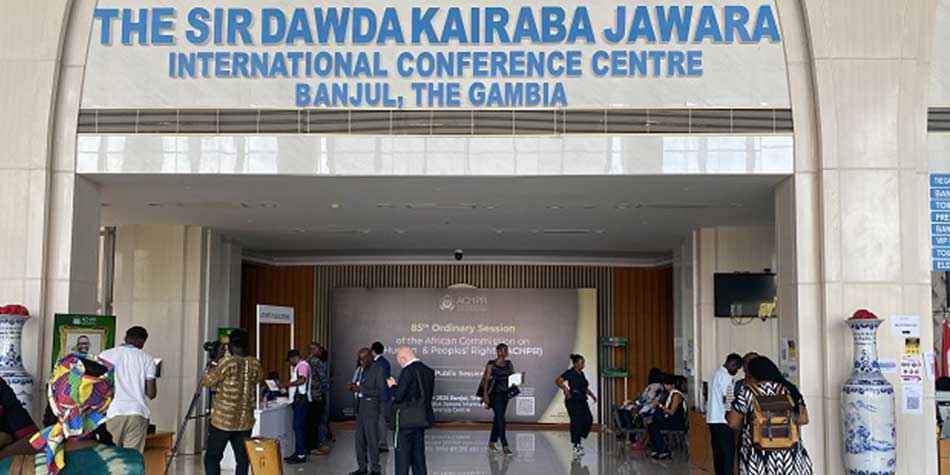
Debunking narratives for a return of the death penalty
Time and time again, abolitionists have been making the case against the death penalty, highlighting how inhumane, inefficient and unfair it is.
While abolitionist movements have successfully helped scrap capital punishment in 112 countries, there remains the danger that it could be reinstated despite abolition, particularly in countries that have not yet signed the Second Optional Protocol to the International Covenant on Civil and Political Rights. This stresses the need for bolder counternarratives to recapture public support for abolition and dissuade political actors.
While this risk is present in many countries, the World Coalition has been working with four countries, namely Sri Lanka, Turkey, the Philippines and the Maldives, where diverse political, religious and cultural developments put them in danger of a return to the death penalty.
In July 2023, the World Coalition met with abolitionists from these countries at risk in Malaysia to share strategies and discuss best practices in fighting a return to the death penalty. Here are some examples of how they are debunking narratives for reinstatement:
Narrative: Sharia law requires the use of the death penalty.
Response: Sharia is based on the principle of ‘repelling harm’ by protecting the ‘five indispensables’ (al-daruriyyat al-khamsa), including life (al-nafs). The Quran also actively encourages alternatives based on forgiveness, mercy and restitution, and even prioritizes them above retribution as a mode of justice. This means Sharia law can still be upheld without executions.1
Best practice: In the aforementioned countries, where religious extremists are leading the charge for a return to executions, activists recognize the value of progressive Islamic scholarship in changing public opinion on the death penalty. Additional work based on awareness raising amongst victim’s family members that they have alternatives to the death penalty that are still in line with the practices of the Quran can also be effective. Interreligious dialogue is also valued as a way of fostering deeper public understanding of the issue.
Narrative: Executions of people for drug-related offenses will end the drug problem.
Response: It does not deter drug trafficking. The illegal drug trade still thrives in some of the world’s most prolific executioners like Saudi Arabia, Iran, China and Malaysia. Imposing the death penalty for drug offenses also does not have its intended effect against drug use. UN data shows that retentionist countries for drug offenses like Malaysia, Vietnam and Iran have a larger population of people who inject drugs than countries that have abolished capital punishment for drug offenses.2
Best practice: Under the Duterte administration in the Philippines, several bills were filed to reinstate the death penalty, primarily as a solution to the drug problem. Abolitionists allied with medical and health actors in their public awareness and advocacy actions to emphasize that the drug issue is a health problem, not a criminal one.
Narrative: Bringing back the death penalty will deter crime.
Response: There is no evidence that the death penalty has a unique deterrent effect on crime. The Philippines abolished the death penalty in 1987, reinstated it in 1993, then scrapped it again in 2006. Police records show that rape and murder grew from 1996 to 2006. Incestuous rape incidents more than doubled between 1998 and 1999, the period when convicts were executed.3 In contrast, the overall crime rate dropped by 50% from 2010 to 2015.4
Best practice: The Flag Anti-Death Penalty Task Force published this informative, publicly accessible video debunking the deterrence myth and other arguments for the death penalty in the Philippines.
Abolition is a persistent struggle, even in countries that have already abolished the death penalty in law or in practice. Religious extremists, authoritarians and populists have their own narratives for reinstatement, which we must counter with our own arsenal of legal and advocacy tools. Learn more about what the World Coalition and its partners are doing to prevent the return of the death penalty.







